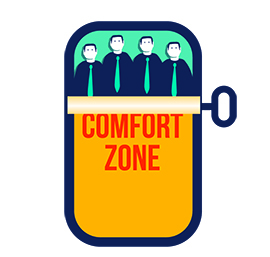I recently retrieved my turntable from the basement, dusted it off, and tossed on the 1978 vinyl classic Life in the Foodchain by Tonio K. I enjoyed it as much as ever, and could hear why Steve Simels, Stereo Review magazine, once wrote that it was “the greatest album ever recorded.” This got me to wondering what had become of Tonio K. (Steve Krikorian).
I found www.toniok.com, and learned that Krikorian had released eight albums through 2001. He has been writing songs for other artists, including Al Green, Patty Smyth, and Burt Bacharach, with works appearing in films such as Batman Forever and True Romance. Krikorian told Hal Bogerd in a 2014 interview for music magazine No Depression that he was “extremely uncomfortable” performing, but would have stuck with recording and live shows had he known that the internet would steal all his royalties.
Krikorian rolled with the changes, but many individuals and companies have found their financial lives and business models upended by the Internet. Which begs the question: What will be the next technological innovation to overturn the status quo? You don’t have to manufacture Beta tapes or own a video-rental store to be burned by technological change; you need only be reliant upon a fading business model to be left behind.
Automotive OEMs are bracing for Google and Apple self-driving cars, but what about auto suppliers and dealers? Drones may reshape the delivery models of Fedex and UPS, but what will that mean for those who leave packages at doorsteps or service fleets? In healthcare, automated lab testing in pharmacies will improve store margins and lower costs for consumers, but what happens to companies and technicians who currently perform such tests? The list goes on.
There’s no guaranteed market that will sustain an individual or a company indefinitely; this is capitalism, at its best and worst. Yet most of us push the fear of technological innovation — and our own obsolescence — out of our minds, believing that our livelihoods do have permanence. That’s a dangerous illusion. Only individuals and companies that wonder and worry today about what may occur tomorrow will have a fighting chance to remain relevant in the next generation. As Krikorian sings: “It’s do or die, it’s down to push and shove, because everybody’s hungry, and there just isn’t quite enough.”

